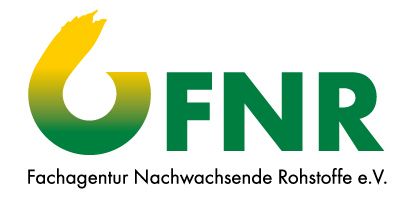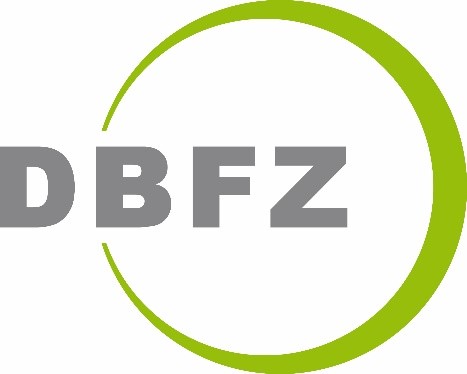BMEL-project: SmartWirbelschicht – Low emission small scale fluidized-bed combustion for the use of biogenic residues
The project SmartWirbelschicht develops solutions for the improvement of the fluidized-bed combustion technology and identifies application fields for small scale plants, using biogenic residues.
Support Code: 22039018
Term: 01.06.2019 – 31.05.2022
Due to its high fuel flexibility, fluidized-bed combustion is a promising technology concerning the energetic use of residual biomass from forestry and agriculture.
Over the past years, the Chair of Energy Process Engineering developed an innovative concept for the cogeneration of heat and power, combining fluidized-bed combustion and Stirling engines.
The project SmartWirbelschicht focuses on the optimization of this plant concept using cpfd- and cfd-software for the simulative description of the whole system. Particular attention is being given to the formation of NOx emissions and the possibility of their reduction using the SNCR-technology. Therefore, SNCR will be integrated into the simulation model and demonstrated in practice. The successful implementation of the SNCR technology will extend the fuel spectrum, allowing the usage of biogenic residues, that contain a significant amount of nitrogen, without exceeding the NOx emission limits. Furthermore, an economical consideration will point out application fields for the system and lead to new partnerships for future scale-ups.
Ansprechpartner:
Department of Chemical and Biological EngineeringJulian Nix, M. Sc.
Lehrstuhl für Energieverfahrenstechnik





